"I'm a tennis player who happens to be a woman," Emma Stone's Billie Jean King tells avowed male chauvinist Bobby Riggs in Battle of the Sexes, the new film that re-creates the lead-up to the infamous match as well as the match itself.
The line in the film is King's rejoinder to Riggs's attempt to cajole her, while literally at the top of her game, into facing off with him, a 55-year-old former tennis champ, for a big payoff and publicity. His big idea, as delivered by Steve Carell's Riggs in the film, is a match that features a "male chauvinist pig versus hairy-legged feminist." And the response to him is indicative of the woman who changed tennis and, ultimately, sports in general through her love of the game and her lifelong commitment to ensuring that everyone gets a fair swing.
"You want to be for everyone and you want everyone to be the best he or she or they can be," King tells The Advocate, summing up a philosophy that she really followed when she and eight other women broke away from the U.S. Lawn Tennis Association, which offered women a fraction of the prize money awarded to men on the tour.
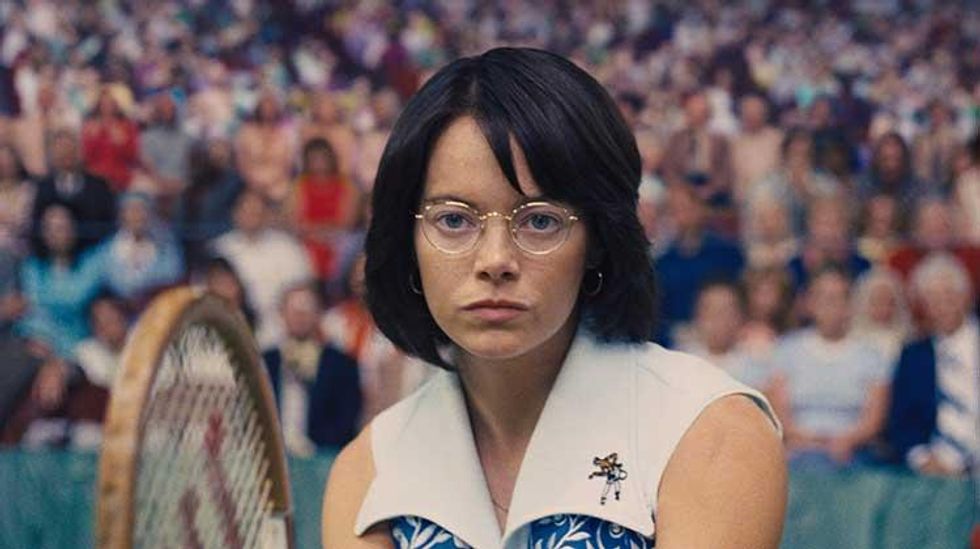
The affecting new film from Valerie Faris and Jonathan Dayton (Little Miss Sunshine) reimagines that time period in the early '70s when jumpsuits, plaid, and mutton chops abounded, and when King and the Original 9 struck out on their own with a women's tennis tour rather than earn pennies on the dollar to what the men were making. Their argument for better pay, as depicted in the film, was never that they were better than the men but that they were as entertaining and could fill the stadium seats with fans.
The success of the Original 9, who kicked off what would become the Virginia Slims Tour (later the Women's Tennis Association), depended on their solidarity. An iconic photo that Faris and Dayton re-create in the film features the pioneering tennis stars holding up $1 bills -- symbols of the $1 contracts they signed. And nearly 40 years later the women still have each other's backs. Not only did King ask the filmmakers to please honor the Original 9 in the film, but also six of the women were present for the movie's premiere in Los Angeles this past weekend.
"The only thing I asked Jonathan and Valerie is ... I know I'm supposed to stay out of the way, but if you could put the Original 9 in, I would love it because it's a 'we' thing and not an 'I' thing," King says. "And we really stuck together through thick and thin, and they did [include the Original 9]! I was really happy. We're holding up those $1 bills -- that was the birth of women's professional tennis."
The Battle of the Sexes film ends with 29-year-old King defeating Riggs at the packed Houston Astrodome in 1973, but the activism that King and the women of the Original 9 began changed the perception of women in sports forever, and the reverberations of their work could be felt earlier this month when Sloane Stephens banked $3.7 million in prize money for her triumphant win at the U.S. Open. And while King's contribution to advancing opportunities for women and girls is incalculable -- she founded the Women's Sports Foundation in 1974 in part to protect Title IX, the federal law passed in 1972 to ban gender-based discrimination in education -- she's always kept her eye on the ball of ensuring equal opportunity for all regardless of gender, race, sexual orientation, and so on.
Beyond King's drive to secure equal opportunities for women, she became an icon for LGBT people. Although she was forced to come out in 1981 when Marilyn Barnett, the woman she'd become involved with in the early '70s while she was married to Larry King, filed a palimony suit, she did so with fearlessness at a time when very few public figures identified as LGBT, and again, her actions reverberated for generations to come. Faris and Dayton's film ends long before King came out, but it does volley between the competitive, business side of King building the Women's Tennis Association, prepping for the match with Riggs that would be analyzed for nearly half a century, and her budding love affair with Barnett (Andrea Riseborough).
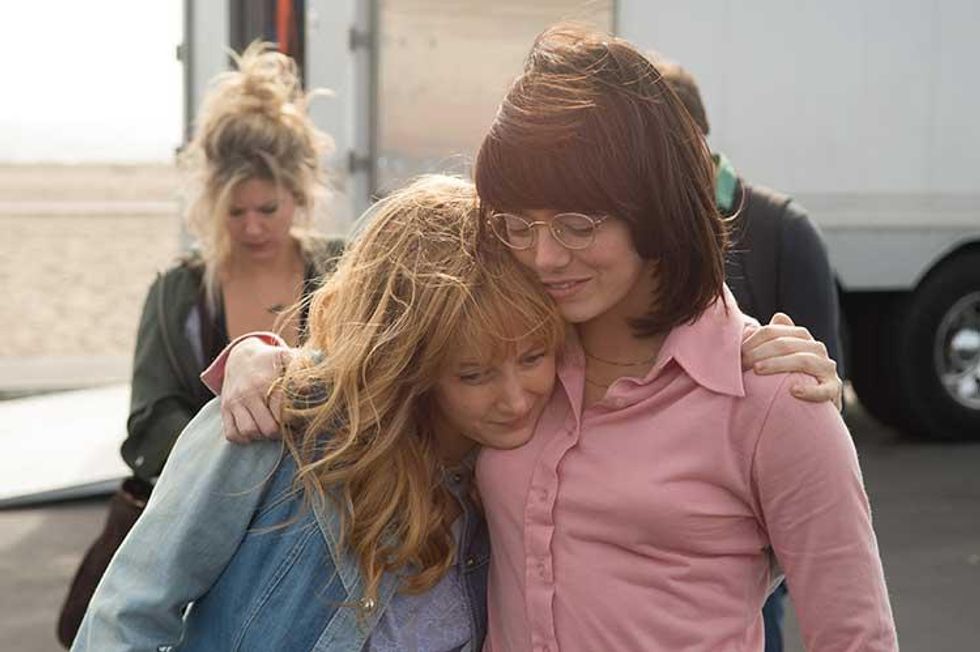
While it may be difficult for younger generations, or "globals," as she says she calls millennials because "it's such a small world now," to understand King's having waited to come out, it was about picking her battles. And, as always, considering the fact that she was a "we" with the women on the tour and not an "I."
"I was out in '81 and I told the truth. And my lawyer and my PR person didn't want me to. On the tour during the late '70s, this woman who just saw the movie, who was the highest one in Philip Morris at the time because of Virginia Slims, told me, 'You can't say anything [about being gay] or you have no tour,'" King says. "I was damned if I did and damned if I didn't. It wasn't just about me coming out. 'OK, I'm gay. Oh, now we don't have a tour? How am I going to affect the tour and the future?'"
Faris and Dayton's film reproduces a close approximation of the era that paints Riggs as something of a lovable buffoon of a chauvinist, which, in light of the current political climate in which the de facto leader of the free world, Donald Trump, won the Electoral College despite his misogynistic comments about women, some may find hard to swallow. But by all accounts, including King's, who maintained a friendship with him until his death in 1995, Riggs was likable. But it also speaks to King's generosity of spirit and empathy for all that she saw beyond his braggadocio in saying things like, "I'm not saying that women don't belong on the court. Who would pick up the balls otherwise?" as he was quoted in the film. King, the winner of 39 Grand Slam titles, has said repeatedly that she couldn't have beaten Riggs if she didn't respect him.
"He was a chauvinist," she reassures, but adds, "He wanted to be loved and have attention. Don't we all? We want to give it and get it."
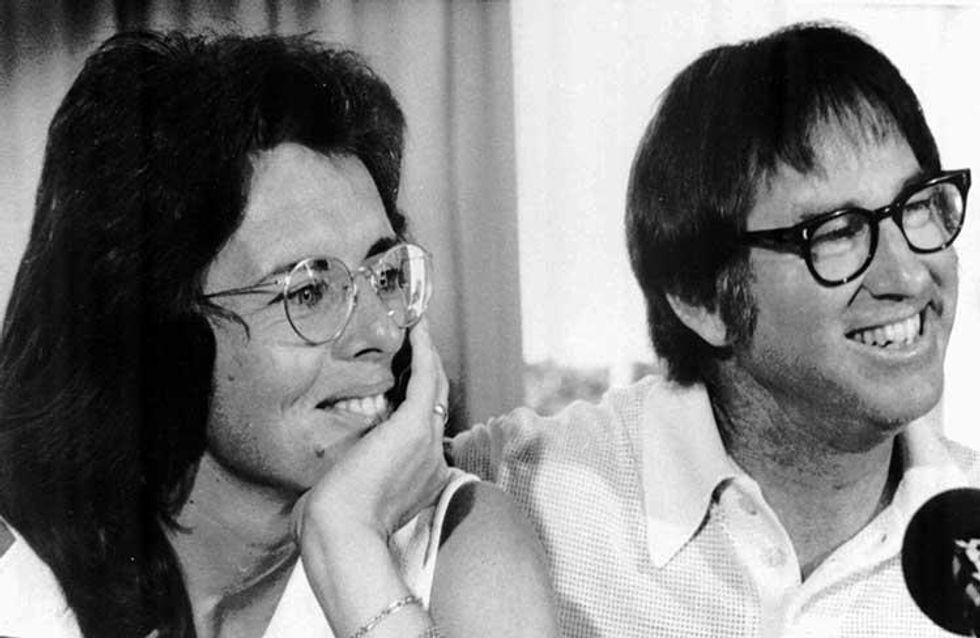
King's answer then and now to combating forces that seek to divide is equal parts diplomacy, pragmatism, and perseverance.
"Sexism does exist. We all know it. I try to stay away from the gender card all the time because it can alienate a lot of people, and our job is to get people together," King says. "It doesn't do any good to complain. It does a lot of good to come up with solutions. First, identify the problem, come up with a solution, and slowly just keep working and whittling away at it." And certainly, King has whittled away at a great deal of inequity by following her own advice.
If the film appears lily-white for modern audiences, save for Original 9 player Rosie Casals (Natalie Morales), whose parents immigrated from El Salvador, Faris and Dayton have accurately depicted the world of tennis before women like Venus and Serena Williams and Stephens dominated the court. But it's never been lost on King that tennis at the time didn't meet her worldview of opportunity for all.
In the excellent American Masters: Billie Jean King, which aired in 2013 on PBS, King said that she recognized the inequities in the sport early on. "I remember sitting at the Los Angeles Tennis Club and noticing that everybody in tennis wore white shoes, white socks, white balls, and everybody was white. I realized it was an elitist sport," King says in the documentary. "And I remember the question I asked myself as 12-year-old. 'Where's everybody else? I don't see people of color. That's not right.'"
Still, King continually points out that not only were women woefully underpaid compared to the men but also that people of color weren't even involved in the sport back in the day.
King praises Faris, Dayton, and the film's writer, Simon Beaufoy, for nailing the era on multiple levels. They got "what was going on in society -- the way they treated women. And how white everything was except for Rosie." she says. "And now we had three women of color out of the four semifinalists at the Open this year. And that shows progress, and that's thanks to Venus and Serena [Williams]."
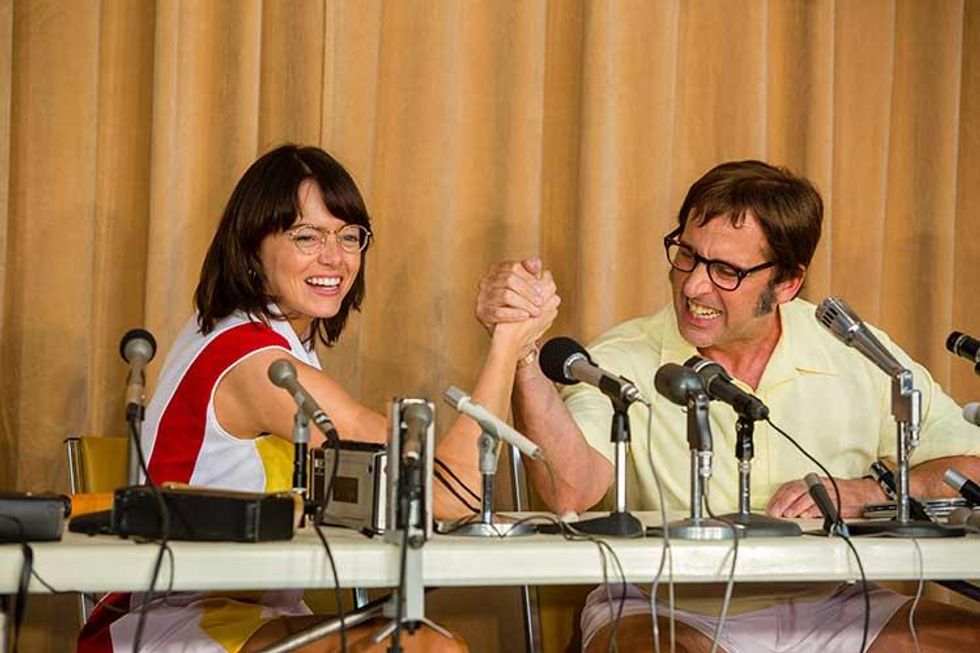
The film ends shortly after Stone's King has tossed her racket in the air victoriously after beating Riggs in three straight sets and the champagne has been popped in a win for all women, especially in light of the fact that her contemporary Margaret Court lost badly to him several months prior in a match that was dubbed "The Mother's Day Massacre."
And although the film ends about a decade before her coming-out years and all that King would come to signify for LGBT visibility, it telegraphs through her friendship with the tour's gay clothing designer, Ted Tinling (Alan Cumming), a message of hope for the future for women, LGBT people, and all.
At a time when the future of civil rights for marginalized people in the United States looks bleaker than it has in a generation and even Title IX is under siege under Education Secretary Betsy DeVos, King's optimism is infectious because she's been through it, breaking down barrier after barrier with her grit while also, always, considering the bigger picture.
"You have to keep convincing people but also listening to people. It's a long process. Every generation has to fight for it," King says. "Every day nick away, just chip away at trying to do the right thing. And influence people. Everyone's an influencer, so everyone can help."
Battle of the Sexes hits theaters in Los Angeles and New York today and gets a wide release September 29.







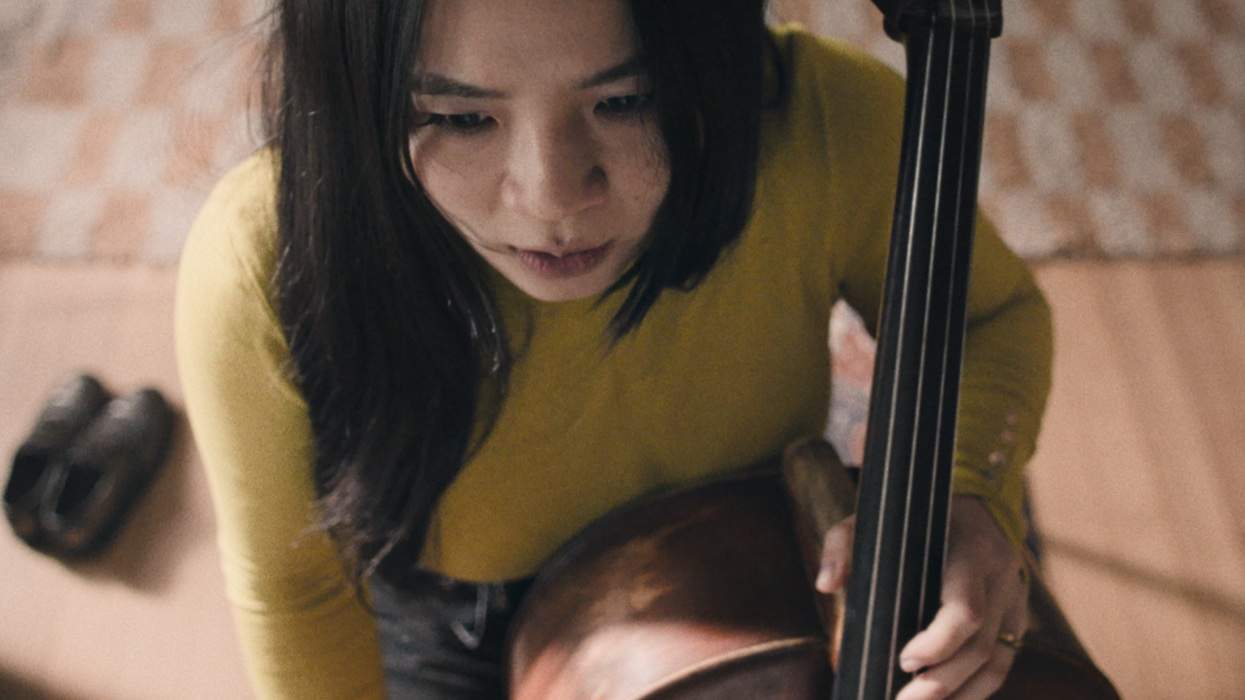

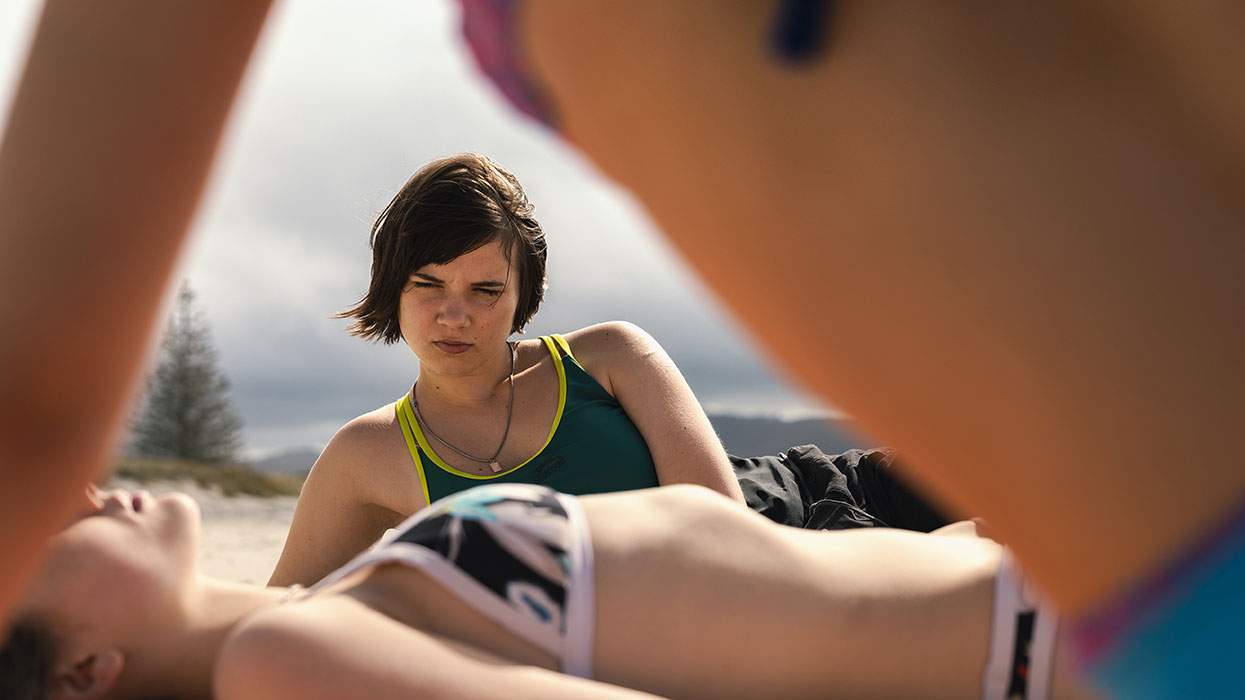
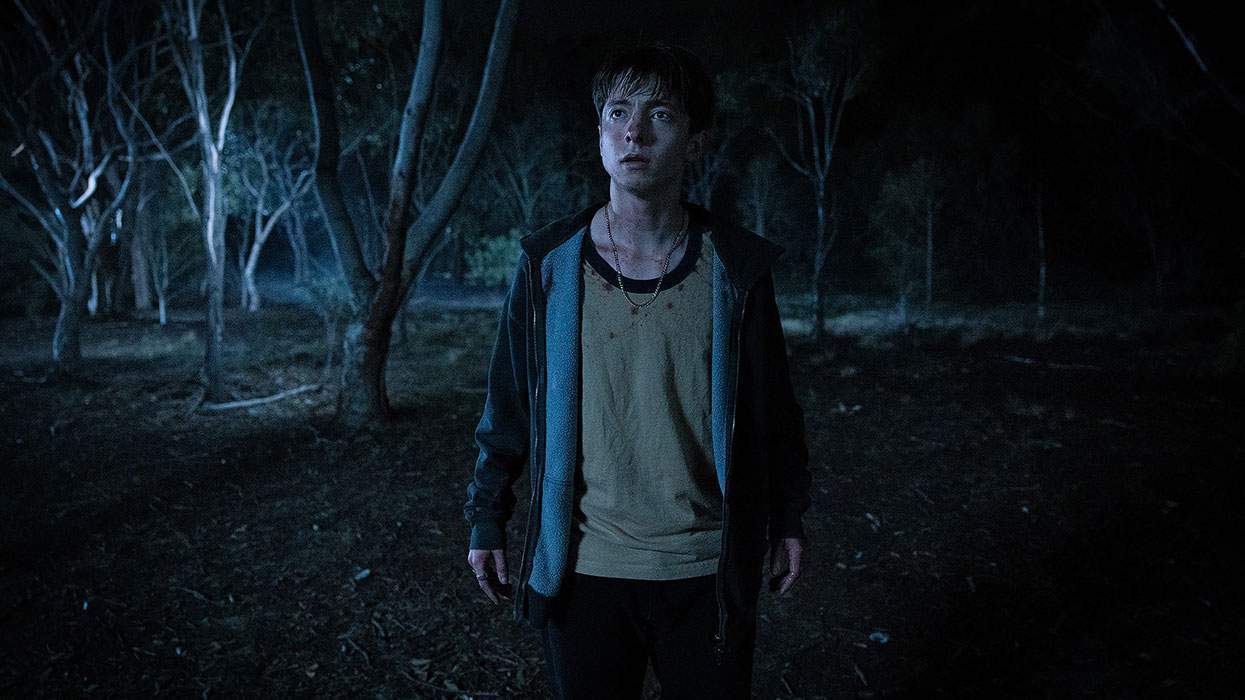





Charlie Kirk DID say stoning gay people was the 'perfect law' — and these other heinous quotes
These are some of his worst comments about LGBTQ+ people made by Charlie Kirk.